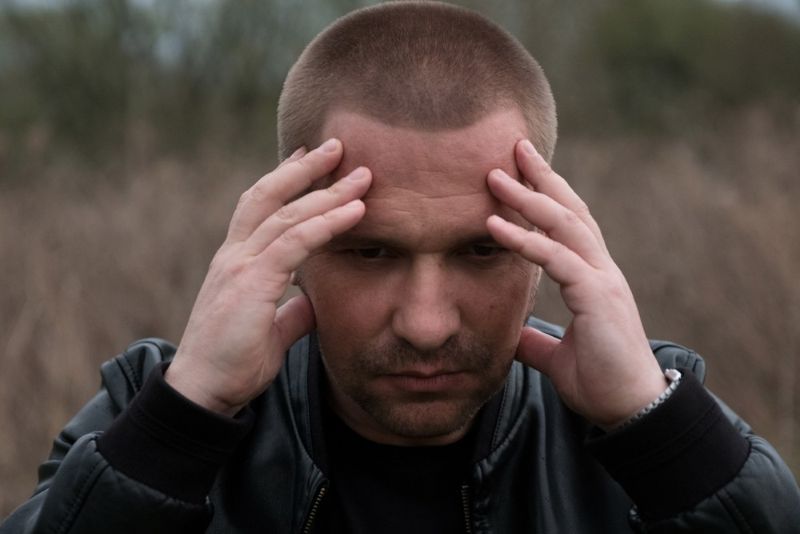Divorce is rarely a quick or simple process. Even when both spouses agree that ending the marriage is the right decision, there are several legal steps that must take place before the divorce can be finalized. In Colorado, the time it takes to complete a divorce depends on many factors, including whether both parties agree on major issues and how busy the court system is. Understanding what to expect can help reduce stress and prepare you for the process ahead.
Colorado’s Minimum Waiting Period
Colorado law requires a minimum 91-day waiting period before a divorce can be finalized. This means that even if you and your spouse agree on everything, your divorce cannot legally be completed until at least 91 days after the petition has been filed and served. This rule is designed to give couples time to make sure they truly want to move forward with ending their marriage.
The waiting period begins once both parties have been notified of the divorce filing. If one spouse files and the other has not yet been served, the clock does not start until service is complete. In uncontested divorces, where both spouses cooperate and agree to the terms, the process can move relatively quickly after this period ends. However, if disagreements exist, it may take much longer to reach a resolution.
Factors That Affect How Long a Divorce Takes
While the 91-day waiting period sets the minimum timeline, the actual duration of a divorce in Colorado can vary widely. Some divorces are resolved in a few months, while others take a year or more. Here are several key factors that can influence how long the process takes:
- Level of Agreement: If both spouses agree on issues like property division, child custody, and support, the process will be much faster.
- Complex Assets: Divorces involving businesses, investments, or multiple properties take longer because assets must be properly valued and divided.
- Child-Related Issues: When children are involved, custody and parenting time disputes can extend the timeline significantly.
- Disagreements and Litigation: If one spouse contests the divorce terms or refuses to cooperate, court hearings and mediation sessions may be necessary.
- Court Scheduling: The court’s caseload can also impact how quickly hearings and final judgments are scheduled.
In general, uncontested divorces may be finalized shortly after the 91-day period ends, while contested divorces that go to trial can take a year or longer to complete.
Uncontested vs. Contested Divorce Timelines
The type of divorce you file plays one of the biggest roles in determining how long the process will take. An uncontested divorce is one in which both spouses agree on all terms, including property division, custody, and support. These cases typically move faster, often concluding within three to four months, depending on court availability.
A contested divorce, on the other hand, involves one or more areas of disagreement. These cases often require additional steps such as mediation, discovery, and court hearings. The process can take several months or even longer than a year, depending on how quickly disputes are resolved. If a trial becomes necessary, scheduling and preparing for it can significantly extend the overall timeline.
Whether your divorce is contested or uncontested, working with an experienced attorney can help ensure that your paperwork is accurate, deadlines are met, and your rights are protected throughout the process.

Steps in the Colorado Divorce Process
Understanding each phase of the divorce process can give you a clearer idea of what to expect. While every case is different, most divorces in Colorado follow these basic steps:
- Filing the Petition: One spouse files a petition for dissolution of marriage with the court.
- Service of Process: The other spouse is officially notified of the divorce through legal service.
- Financial Disclosures: Both spouses are required to provide detailed financial information, including income, assets, and debts.
- Negotiation and Mediation: Many couples attempt to resolve disputes through mediation rather than going straight to trial.
- Court Hearings: If disagreements persist, the court will hold hearings to make decisions on unresolved issues.
- Final Decree: Once all matters are settled, the court issues a final decree of dissolution, officially ending the marriage.
Each step must be completed before the divorce can be finalized, which is why even cooperative divorces take time. Having the right legal guidance helps ensure that no important details are overlooked during these steps.
How an Experienced Divorce Attorney Can Help
Because divorce involves complex legal, financial, and emotional issues, having an experienced lawyer can make a significant difference in how smoothly and efficiently the process unfolds. An attorney can explain your rights, prepare legal documents correctly, and work to prevent unnecessary delays.
At Datz Law Firm, our divorce attorneys have helped clients throughout Colorado successfully complete both contested and uncontested divorces. We understand the laws that apply to your situation and can help you create fair agreements regarding property division, child custody, and support. Our team works to minimize conflict whenever possible, while always protecting your best interests.
Talk to Datz Law Firm About Your Divorce
If you’re considering filing for divorce or have already started the process, it’s important to have the right legal guidance from the beginning. Every divorce is different, and timelines can vary based on your unique circumstances. We can review your case, explain what to expect, and develop a plan that helps you move forward with clarity and confidence.
Whether you expect a quick uncontested divorce or anticipate complex disputes over assets or custody, we’re here to help. To learn more about your options and get started with an experienced attorney, contact us today. We’ll stand by your side every step of the way and help you take control of your future.




































































